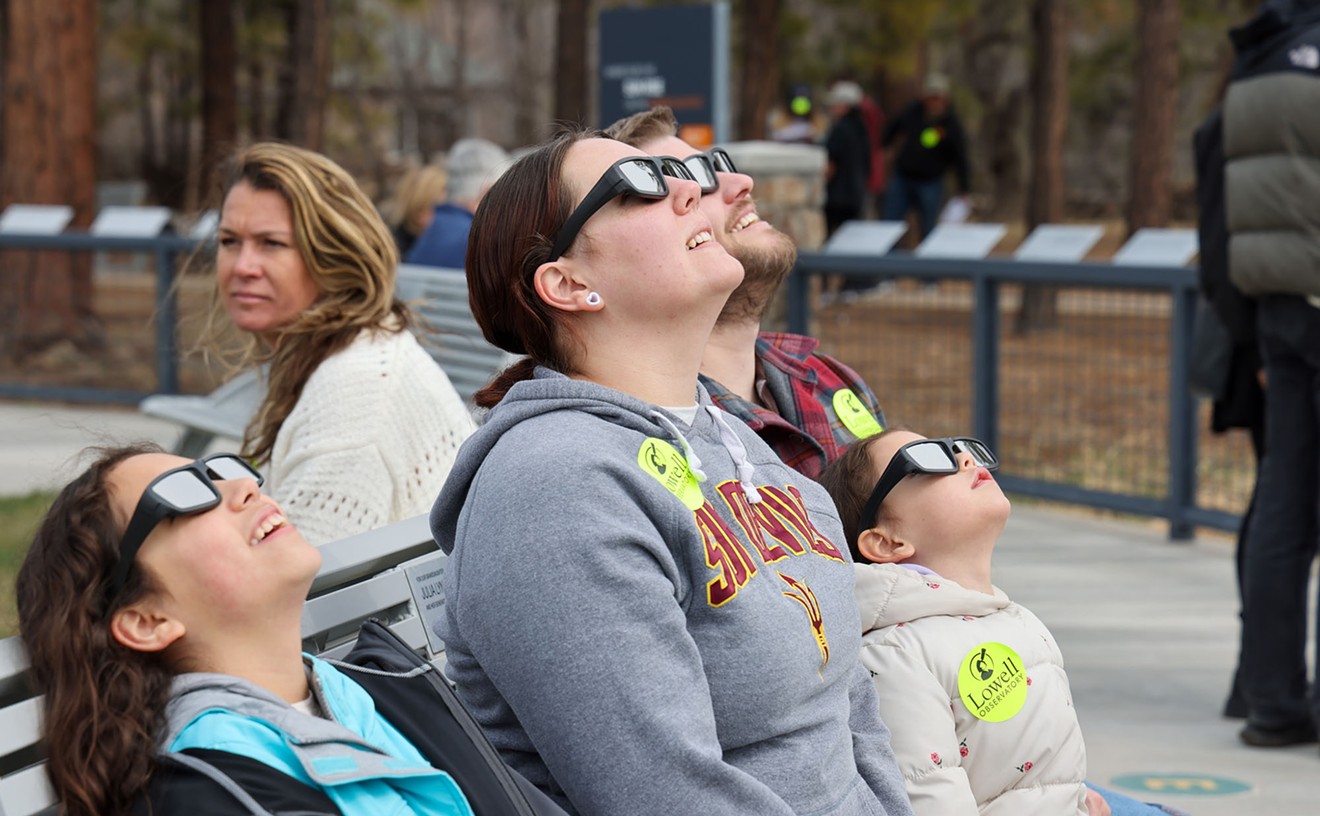I am listening to my Patty Duke records. I have everything she ever recorded for United Artists Records: Seven albums and six singles, all from the mid- and late 1960s, each groove a testament to the fact that this talented actress, who died yesterday at age 69, just plain couldn’t sing.
It was something Patty herself made no bones about. In her 1987 autobiography, Call Me Anna, she wrote, “I wanted to sing so much, but when I hear what I did, it sounds awful. … Whether you could actually sing or not didn’t matter; the technology was getting so good that if you could get out three notes in a row, the record people could splice a performance together. And, note by note, that’s exactly what they did with me.”
Mostly. Here she is, on her debut platter (featuring the Billboard Top 10 title track, “Don’t Just Stand There”), managing to be both sharp and flat on a meandering cover of Bacharach and David’s “What the World Needs Now is Love.” And there she is, on her follow-up long-player, cleverly titled Patty, offering an atonal version of the Beatles’ “Yesterday,” and a nerve-wracking take on the Everly Brothers hit “All I Have to Do is Dream.”
Although Patty admitted she was no songbird, it’s impolite to speak ill of the dead. So, while I listen to Patty trying her best to hit that high note in “The Bells of Rhymney” (from her unreleased final album, Time to Move On, which is ironically the most listenable of the bunch), I’ll remind you of this: Patty Duke was one hell of an actress. For every bum note on Patty Duke Sings Songs from Valley of the Dolls and Other Selections, a 1967 album so dreadful that words can’t do it justice, there are unforgettable moments in Patty’s acting career that redefined the very idea of acting. There’s the sequence in Me, Natalie where Patty, as an unusually unattractive teen, sits in her Greenwich Village window gently crying because she’s ugly. And her excellently restrained performance as Aunt Sook in the 1997 movie version of Truman Capote’s A Christmas Memory. And, of course, her Helen Keller in the Broadway production of The Miracle Worker. She repeated the role in the 1962 film version, becoming the youngest actor ever to win an Oscar (for Best Supporting Actress) for her frenetic performance. She received a Golden Globe for her turn in Me, Natalie in 1969, and an Emmy for playing a pregnant runaway in My Sweet Charlie the following year.
Patty also turned up in plenty of movie trash, too — all of it elevated by her presence. She had the title role in Billie, a 1965 musical film version of Time Out for Ginger where she got to warble her latest hit single, “Funny Little Butterflies.” Patty’s singing was dubbed in the infamous Valley of the Dolls (1967), in which she successfully made the transition from kiddie roles to adult stardom as the lead pill-popper in the glamorous translation of Jacqueline Susann’s novel. Surrounded by cinematic and musical excess, Patty is simply magnificent as a naïve Irish gal who’s destroyed by stardom.
The admiration many baby boomers have for Patty is folded up in fond memories of their own early '60s childhood, when big fun meant settling down in front of the tube every Wednesday night to watch Patty’s hugely popular, eponymous sitcom in which she played identical twin cousins. I discovered her later, during an especially active and artistically fallow period of her career, when she was taking any work that came her way: game shows and crappy made-for-TV movies she would later roll her eyes over, and junk like 1977’s The Curse of the Black Widow, in which Patty played a mysterious Russian who morphs each night into a giant, murderous spider. Even with dreck like this, it was impossible to look away from her performance.
The actress’s good taste and determination prevailed, and she eventually traded in Match Game ’75 and third-rate network telefilms (if only I had missed Look What’s Happened to Rosemary’s Baby) for first-class productions in which she gave superb performances and took home piles of awards, including Emmy statues for a translation of Taylor Caldwell’s Captains and the Kings in 1976 and a 1979 remake of The Miracle Worker, this time playing Annie Sullivan.
I’ll bet Patty Duke would have preferred we forget her recording career, which netted a handful of charting singles and a ton of guest appearances on variety programs like Shindig! and The Mike Douglas Show. But Patty’s slightly off-key version of “Danke Schoen” is exactly what I need today. Her faltering falsetto on “Theme from Valley of the Dolls” is the perfect sorrowful soundtrack for an adieu to my favorite would-be singer.
[
{
"name": "Air - MediumRectangle - Inline Content - Mobile Display Size",
"component": "18478561",
"insertPoint": "2",
"requiredCountToDisplay": "2"
},{
"name": "Editor Picks",
"component": "16759093",
"insertPoint": "4",
"requiredCountToDisplay": "1"
},{
"name": "Inline Links",
"component": "17980324",
"insertPoint": "8th",
"startingPoint": 8,
"requiredCountToDisplay": "7",
"maxInsertions": 25
},{
"name": "Air - MediumRectangle - Combo - Inline Content",
"component": "16759092",
"insertPoint": "8th",
"startingPoint": 8,
"requiredCountToDisplay": "7",
"maxInsertions": 25
},{
"name": "Inline Links",
"component": "17980324",
"insertPoint": "8th",
"startingPoint": 12,
"requiredCountToDisplay": "11",
"maxInsertions": 24
},{
"name": "Air - Leaderboard Tower - Combo - Inline Content",
"component": "16759094",
"insertPoint": "8th",
"startingPoint": 12,
"requiredCountToDisplay": "11",
"maxInsertions": 24
}
]










